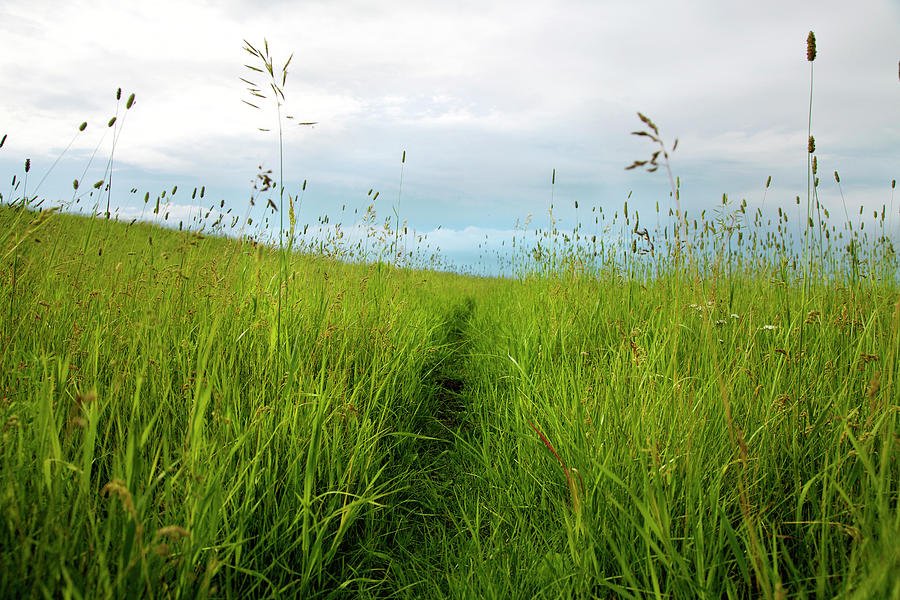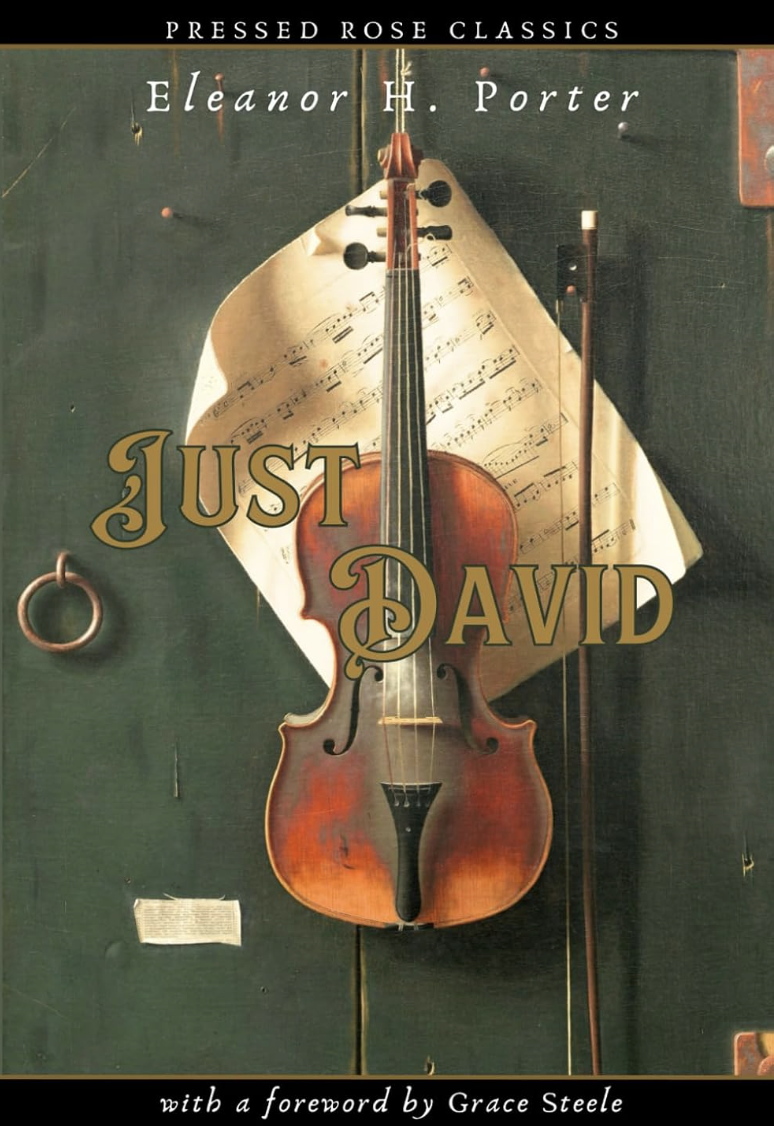O why do you walk through the fields in gloves,
Missing so much and so much?
O fat white woman whom nobody loves,
Why do you walk through the fields in gloves,
When the grass is soft as the breast of doves
And shivering sweet to the touch?
O why do you walk through the fields in gloves,
Missing so much and so much?
In My Own Words
Why do you cover your hands in gloves while you walk through the fields of tall grass? They make you miss out on the way it feels for the long grass to brush against your hands. O, friendless woman, why do you deny yourself the feel of the grass, which is as soft as a dove’s breast and gives you a thrill of sweetness when you touch it? Why would you wear gloves and miss out on this pleasure while you walk through the fields?
Connection
In this poem, a “fat white woman whom nobody loves” (it’s okay if you laughed) walks through a field wearing gloves, thereby preventing her skin from being brushed by the tall grass. This seems like a harmless thing, but the speaker is struck by the woman’s inability to engage with her surroundings in an appreciative way. The woman’s refusal to interact with the world, and instead to cover herself and avoid it, may very well make her unlikable. We get the idea that she holds herself quite apart from other people as well as the happy sensations of nature.
We need not be very aesthetically sensitive to find this poem relatable. You may not find a pleasant thrill from long grass brushing against your hands, but you certainly do thrill to something. And, you have certainly had the experience of seeing someone else completely miss the thrill you feel so immediately.
I share this poem with my 4th graders when we read Eleanor H. Porter’s Just David. It is about a boy who is brought up by his father, far from civilization, and is sheltered from darkness completely. He only knows “the good and the beautiful.” When he eventually does re-enter civilization as a young boy, he understandably has some pretty big blind spots…. Most notably, he understands neither death nor dishonesty. However, the story is not really about his blind spots. Those mostly serve for wholesome comedy. The story is really about how he transforms the people he meets, and how they realize that he knows more than all of them put together.
David sees all the people he comes across in a way that is similar to the way the speaker sees the “fat white woman whom nobody loves.” He does love them all, even when (especially when) they are despised by others, but he wonders how they could all possibly be so unhappy when they get to live in a world like this one. He wonders why Simeon Holly can only think about work and never goes on walks, why Mrs. Holly cries when David plays the violin, and why the town avoids the two poor, hungry children whose mother is never around. He is flummoxed. To him, it is obvious that the world is good and beautiful. David never wears gloves that shield him from feeling that beauty. It is a surprise to meet people who do not see that connection to beauty as being important, and once he steps into the real world, those people are manifold. They all wear gloves.
I think of David often. He is just one small boy who is faced with a large and terrifying task—going out into the world alone, long before his loving father originally intended, and with none of the support he was supposed to have. Yet, armed purely with innocence and love of beauty, he transforms an entire town. And he does it just by showing them what it is like to remove their gloves.
When I find myself up in my head, missing out on what is happening out here in the real world, I like to give myself a reminder to “take off the gloves,” in reference to this poem. It reminds me of the unlikable woman, but it mostly reminds me of Just David, and how powerful it can be to live a glove-less life.

